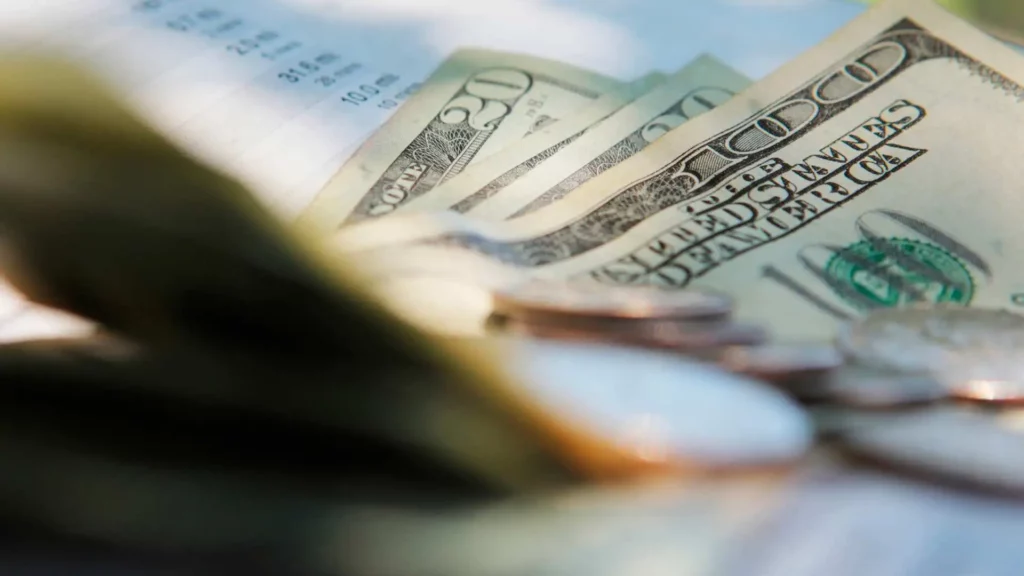Most people aren’t aware that hard and soft credit checks are pulled on their accounts. According to a study conducted by Javelin, nearly a quarter of Americans have never checked their scores. In short, a credit inquiry is a process in which a party requests your credit information. Both soft and hard inquiries are necessary to build a healthy credit history – they just differ in terms of circumstance.
Who’s running these hard and soft checks?
Both hard and soft checks are typically run by lenders, credit card companies, landlords, and even potential employers. Moreover, a Credit Reports and Scores article published by USA.gov explains that the three major credit reporting agencies Equifax, Experian and TransUnion are able to report, update and store consumers’ credit histories. You are entitled to a free annual credit report from each agency.
Purpose of hard and soft credit checks
Clients are often seen as investments. As we highlight in our blog post on 7 differences between savings and investments, investments are not without risks, which is why financial institutions assess how trustworthy you are as a potential client. They want to see how responsible you are with paying off credit and debts, and how much you’re still balancing. A good credit score can allow you to get your applications approved easily, and even extend existing ones.
Consent matters
Another major difference between the two is that you’re likely to know when a hard check will take place because you have to give the lender consent. This will often be in the form of a credit report authorization document. Soft checks, on the other hand, are often performed without your consent because it doesn’t carry the same repercussions. For instance, companies perform soft checks to determine if you qualify for any offers or rewards.
You can Also See: Best 10 Instant Cash Advance With no Credit Check
Effect on your credit score
The main difference between the two lies in their effect on your credit score. A feature on hard vs soft credit checks by Upgraded Points explains that each hard inquiry can drop around five points from your overall score, and the effects will only wear off after six months. Furthermore, hard checks will remain visible on your credit report for up to two years. This is why you have to pace your financial requests wisely and prepare for these hard checks.
You can Also See: Personal Loan No Credit Check
How to prepare for hard and soft credit checks
To raise your chances of passing a hard check and getting your request approved, you’ll want to start preparing as early as now. Forbes Advisor suggests maintaining your utilization ratio below 30% and utilizing your yearly report from Equifax, Experian and TransUnion. It’s also good to ask for a higher credit limit if you’re always bordering on 30% and to pay off any existing debts as much as you can. On the brighter side, you don’t really have to worry much about soft checks.
You can Also See: Loans With No Credit Checks
Exceptions
That said, frequent credit and loan applications can hurt your score as it indicates financial distress. But when it comes to hard checks, FICO and VantageScore both offer some leeway for those who want to go rate shopping to get the best rates possible. For student, auto and mortgage inquiries, there’s a 45-day safe harbor period. All other inquiries get a 14-day safe harbor period.
The bottom line is there are many similarities between soft and hard checks, and their main difference lies in the consent required, their effects on your credit score, and the amount of preparation needed. Both are necessary ways in which companies can determine how stable you are financially, and can help you snag some great deals. For more useful articles, feel free to check out the rest of our blog.

























